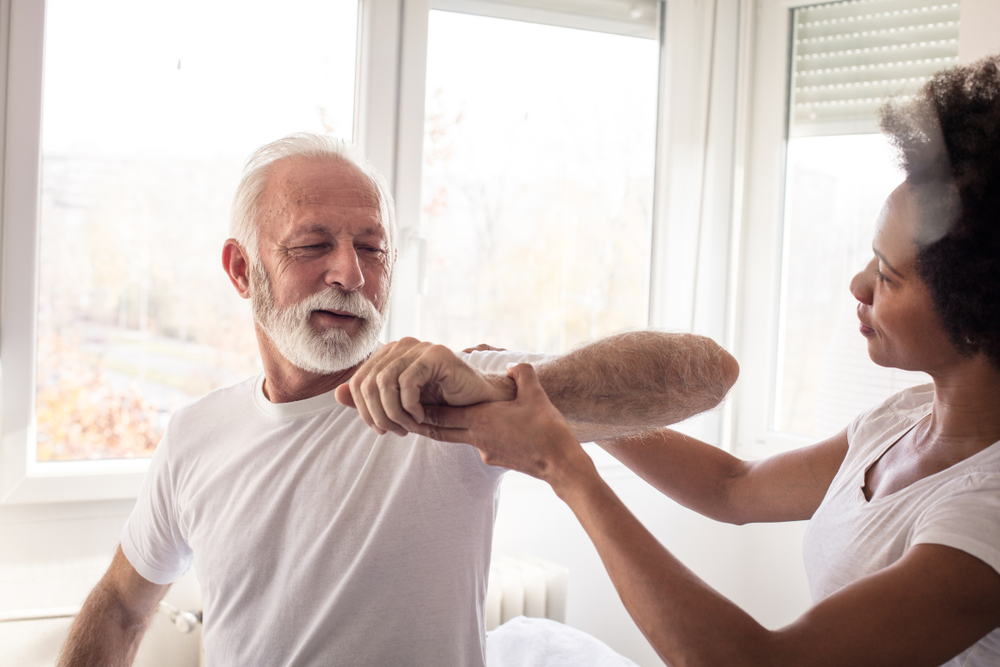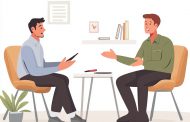Lifestyle changes are an essential aspect of stroke recovery as they can improve the overall health and quality of life of stroke survivors.
Stroke is a medical emergency that requires immediate attention and treatment. It is a condition caused by the blockage or rupture of blood vessels leading to the brain, which consequently affects the brain’s blood supply and oxygen levels. Stroke can cause various physical and mental impairments, such as paralysis, speech difficulties, memory problems, and emotional changes.
Recovering from a stroke involves a multifaceted approach that includes medical treatment, rehabilitation, and lifestyle changes. In this article, we discuss a list of lifestyle changes to help people recover from a stroke.
Lifestyle changes that can help people recovering from a stroke:
1. Healthy diet
A healthy diet is crucial for stroke recovery. Eating a diet rich in fruits, vegetables, whole grains, lean protein, and healthy fats can lower blood pressure, reduce cholesterol levels, and prevent further health complications. Stroke survivors should limit their consumption of salty, fried, and processed foods, which can raise their blood pressure and cholesterol levels.
2. Regular exercise
Regular exercise is an effective way to aid in stroke recovery. Exercise can help improve muscle strength, coordination, balance, and mobility. It can also prevent future strokes by reducing risk factors such as high blood pressure, obesity, and diabetes. Stroke survivors should start with light exercises and gradually increase the intensity and duration over time.
3. Stress management
Stress is a risk factor for stroke and can also affect stroke recovery. Managing stress through relaxation techniques such as deep breathing, meditation, and yoga can help reduce anxiety, improve sleep quality, and lower blood pressure. It is also essential to engage in activities that promote relaxation and enjoyment, such as hobbies, social events, and spending time with loved ones.
4. Quit smoking
Smoking is a significant risk factor for stroke and can also delay stroke recovery. Quitting smoking can improve lung function, reduce the risk of heart and lung diseases, and lower the risk of future strokes. Additionally, it can improve the sense of taste and smell, and enhance overall oral health.
5. Sleep
Getting a good night’s sleep is important for overall health and wellbeing. Stroke survivors should aim to get 7-8 hours of sleep each night and avoid daytime napping.
6. Social support
Connecting with family, friends, and support groups can help to reduce feelings of depression and isolation after a stroke. It can also provide motivation and encouragement to make positive lifestyle changes.
7. Follow doctor’s orders
Stroke survivors should follow their doctor’s recommendations for medications, follow-up appointments, and lifestyle changes. This can help to prevent future strokes and improve overall health.
8. Stay informed
It is important to stay informed about stroke prevention, warning signs, and available treatments. Educational resources and support groups can provide helpful information and resources.
In conclusion, lifestyle changes are an essential aspect of stroke recovery. However, lifestyle changes should be implemented in consultation with a healthcare provider to meet individual needs and preferences.






